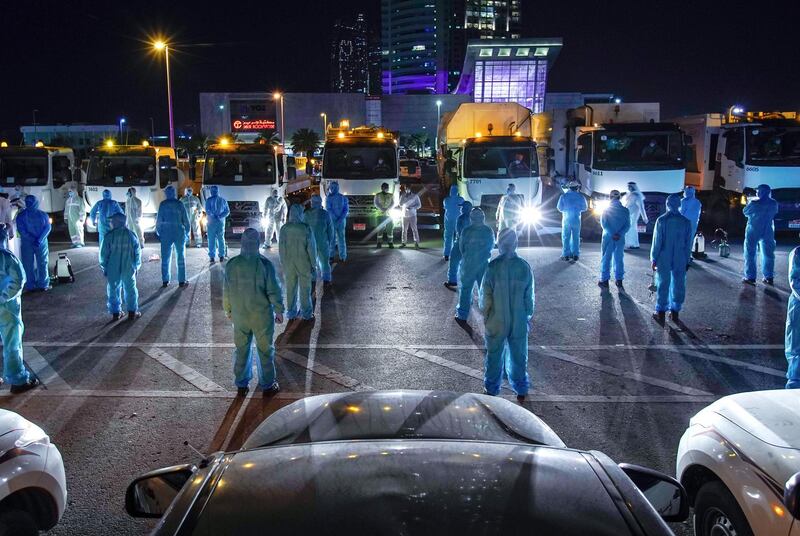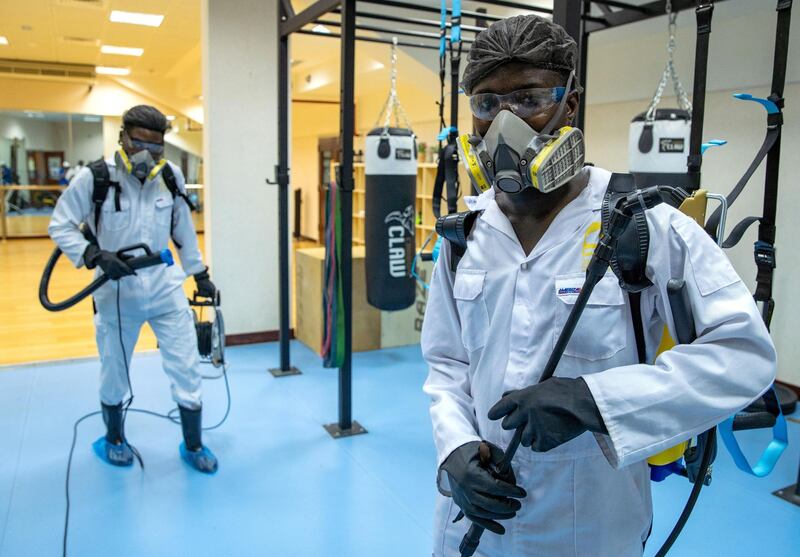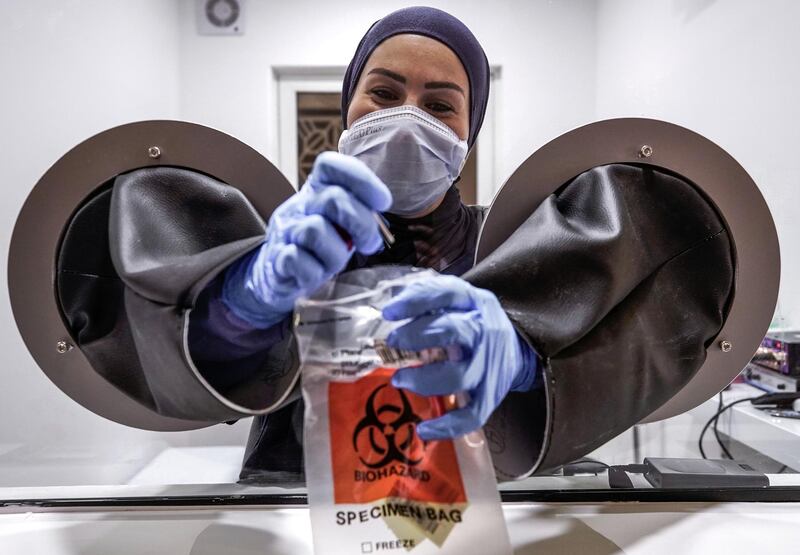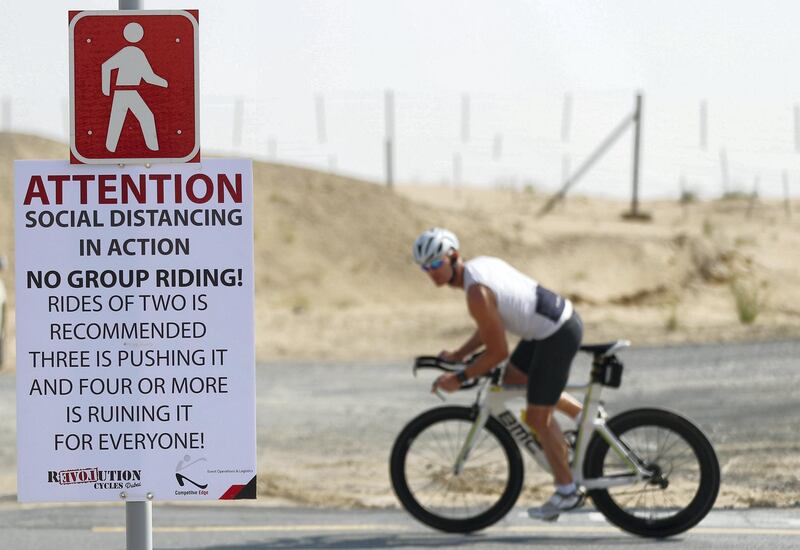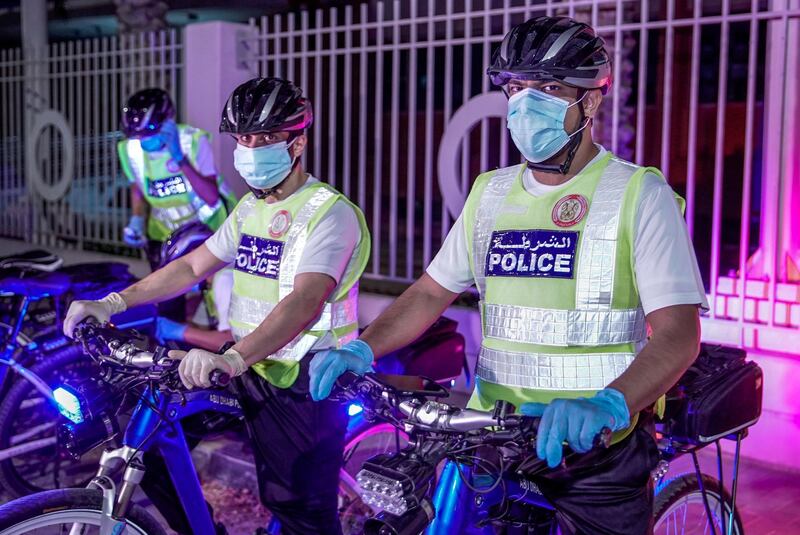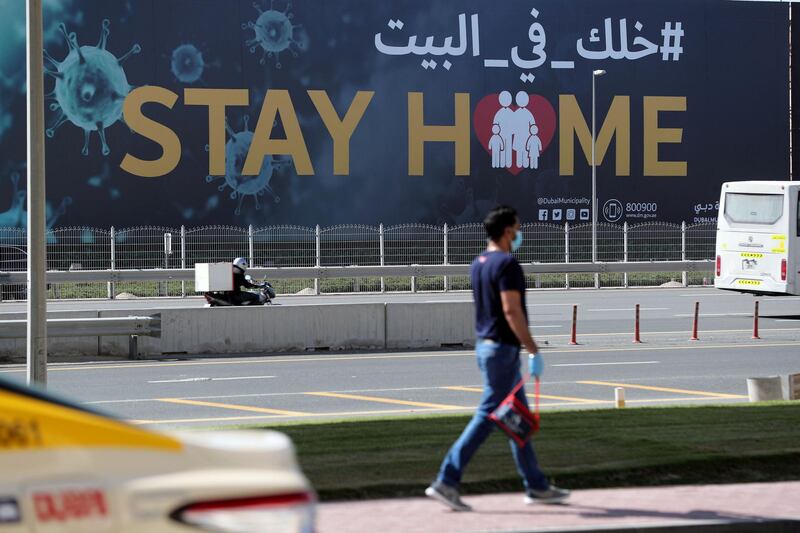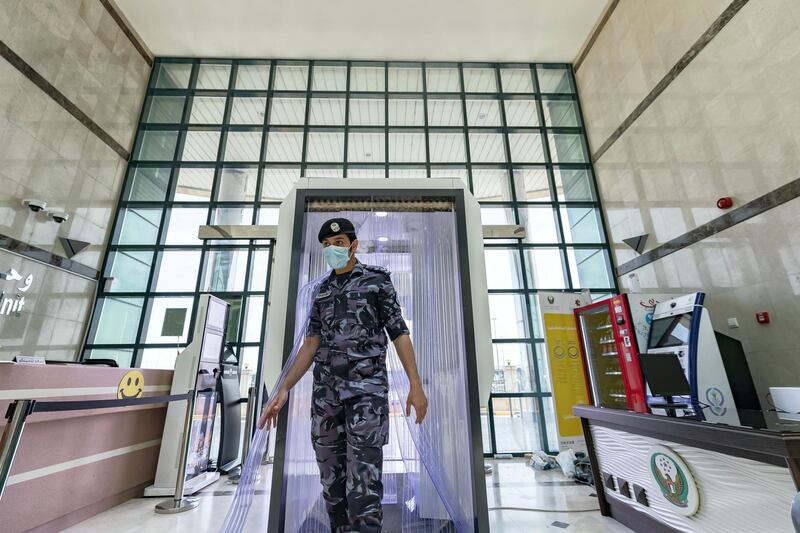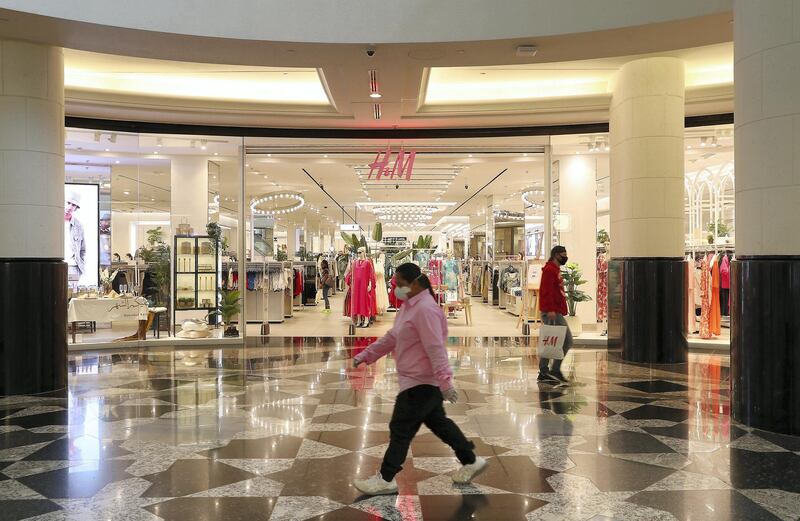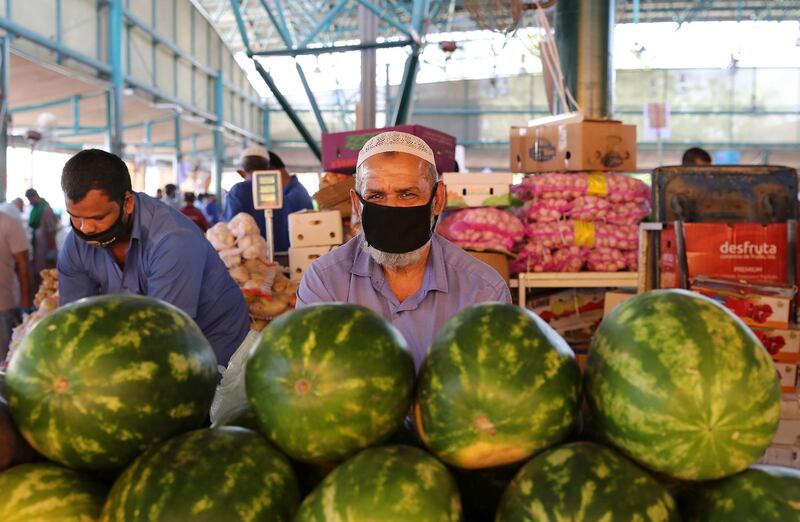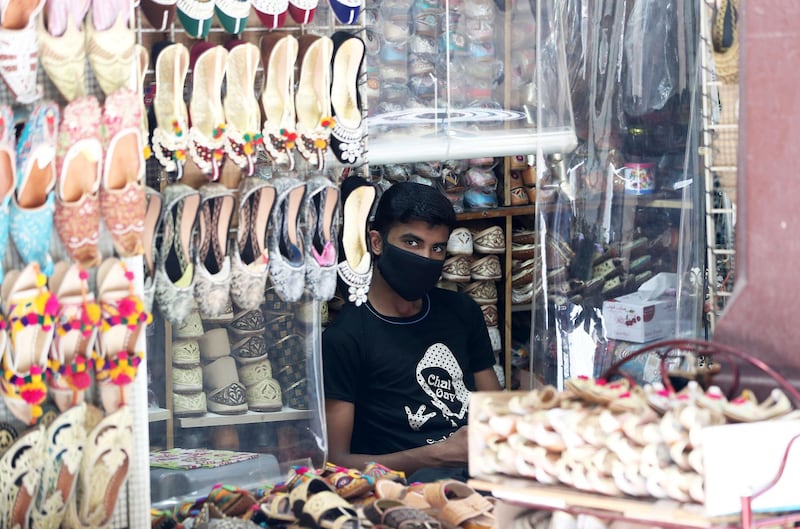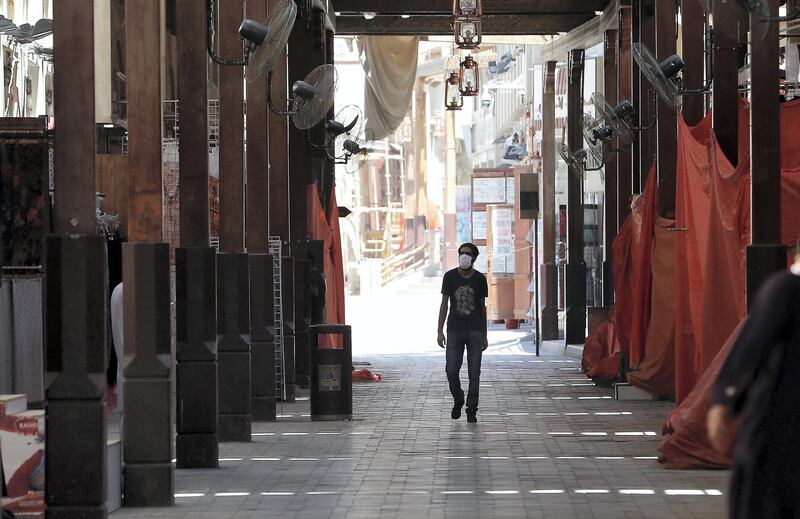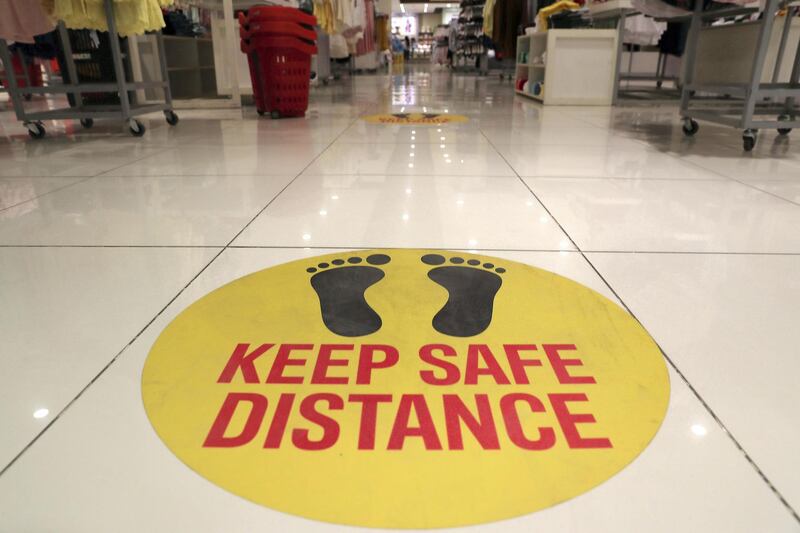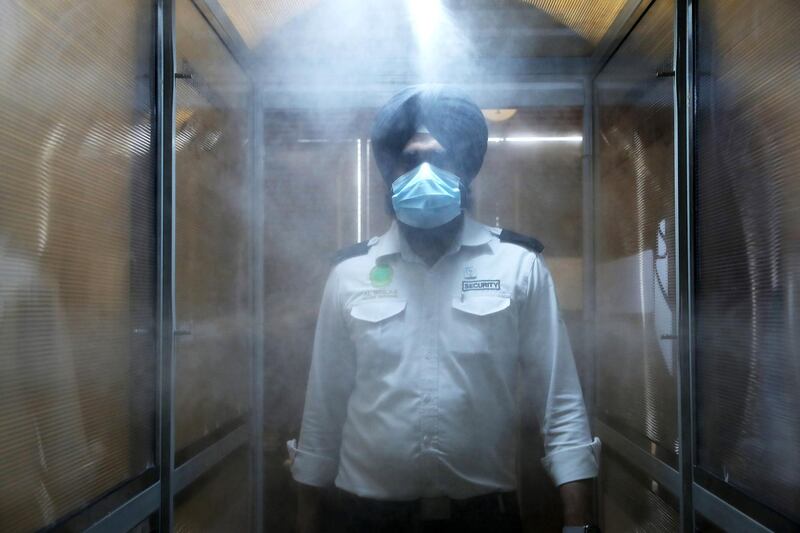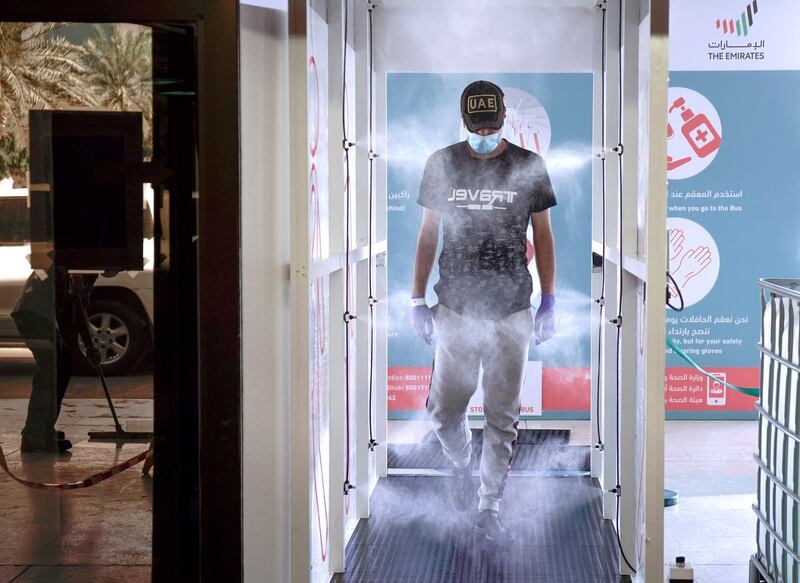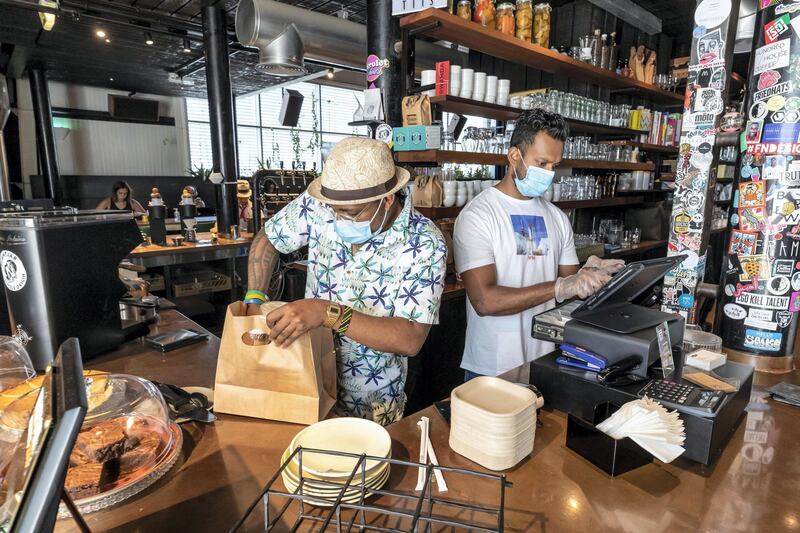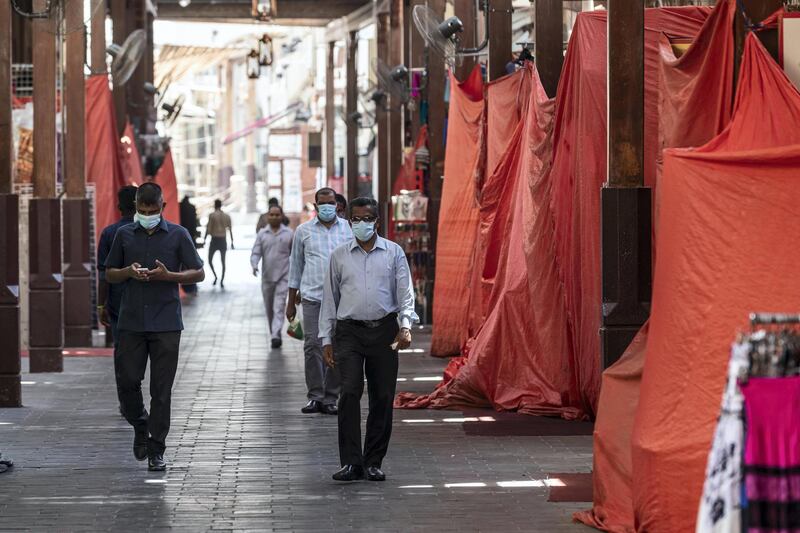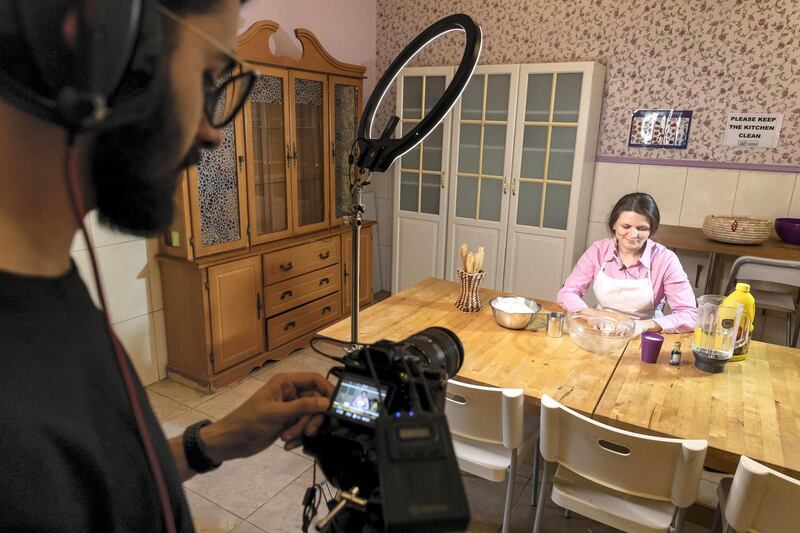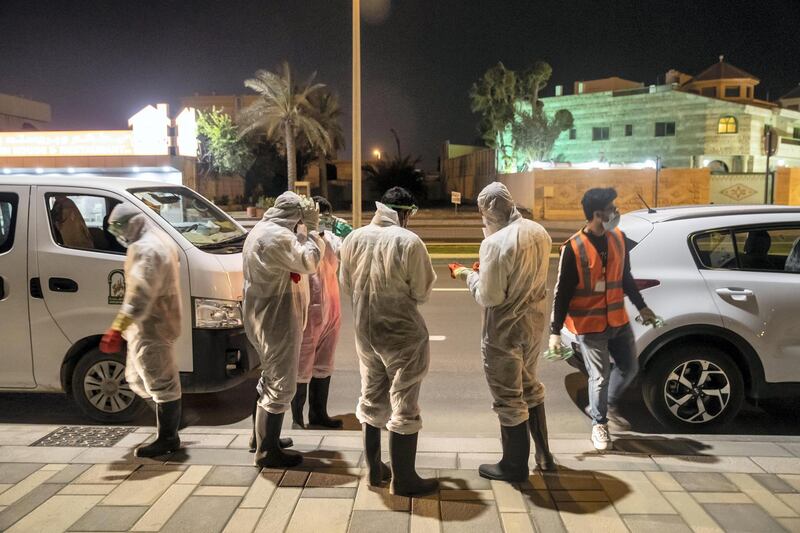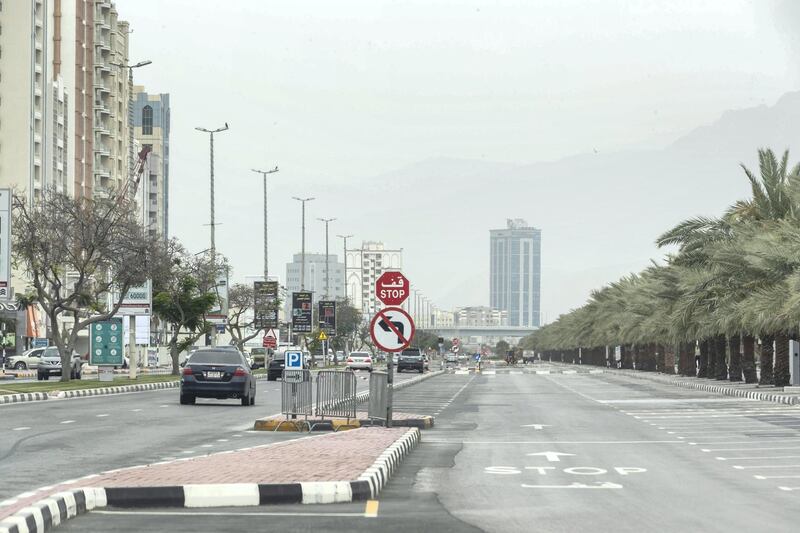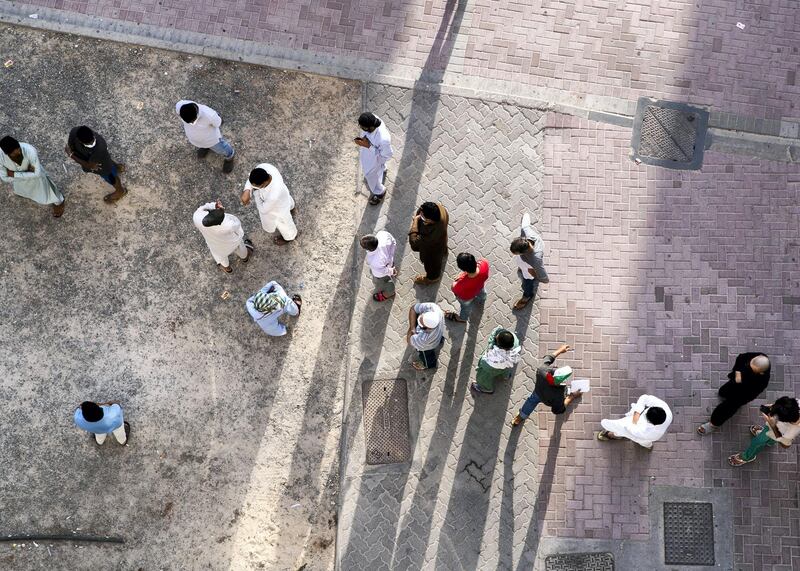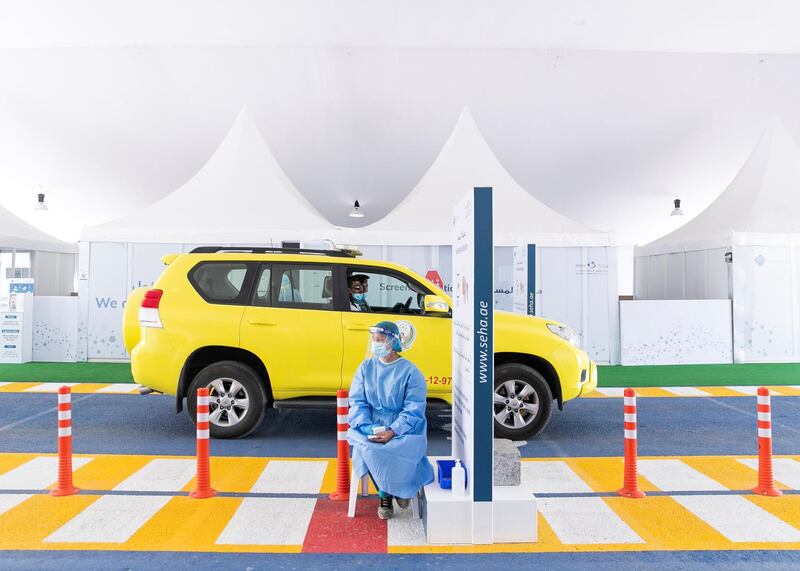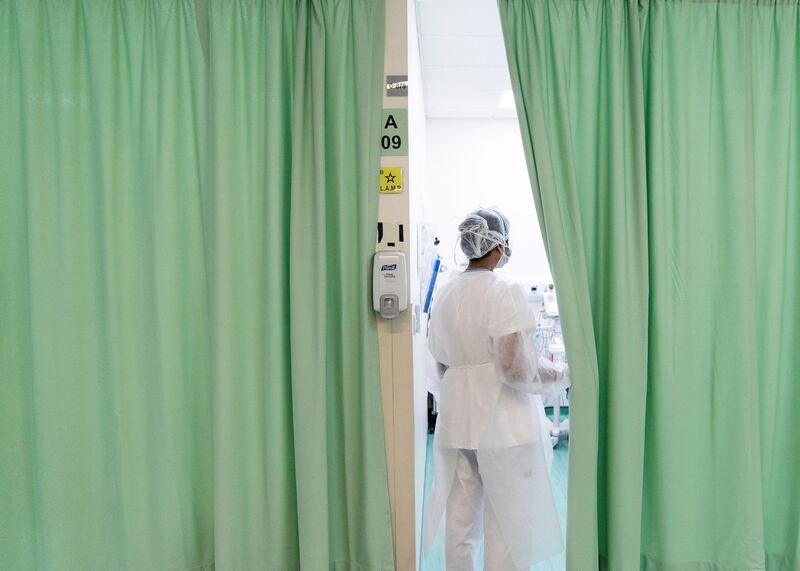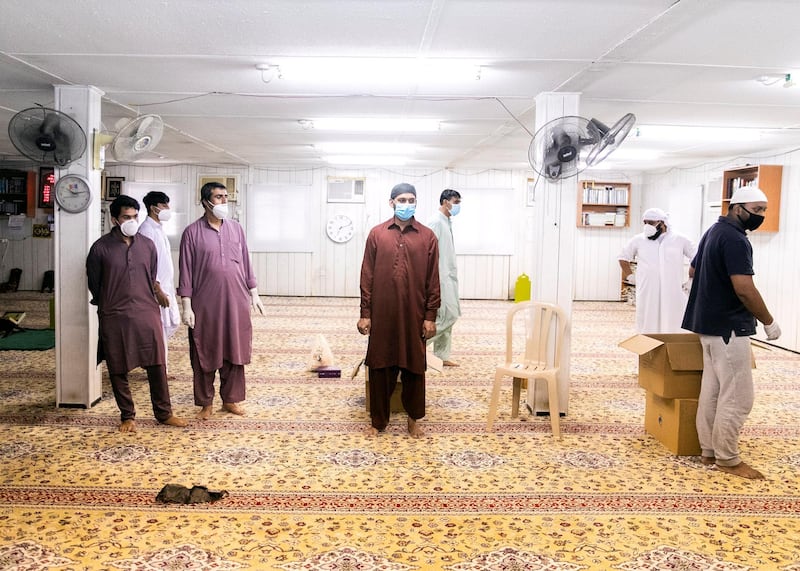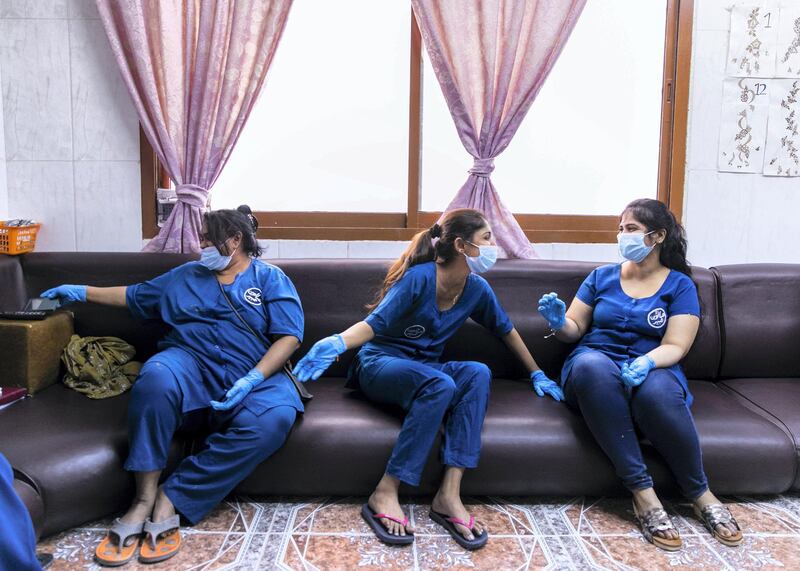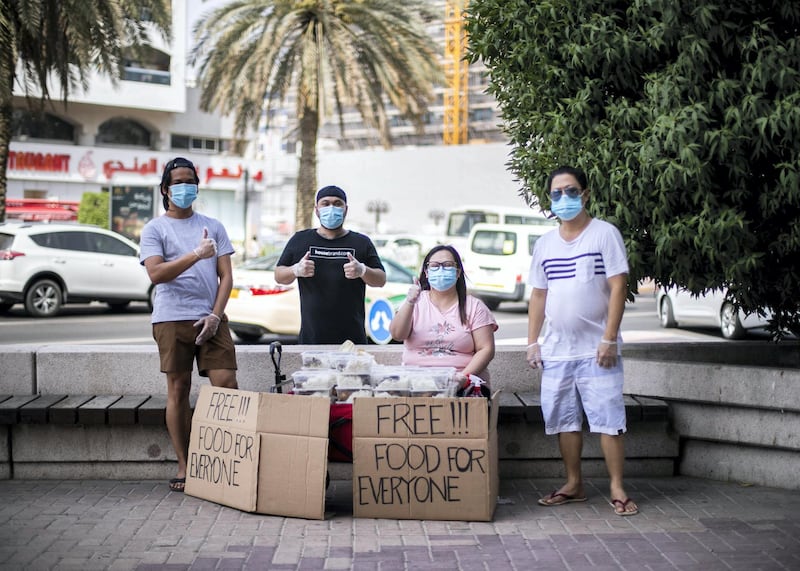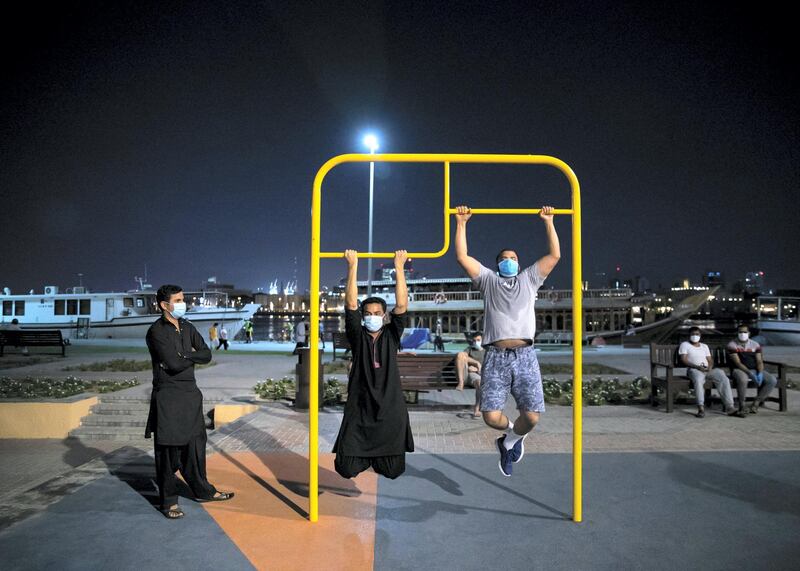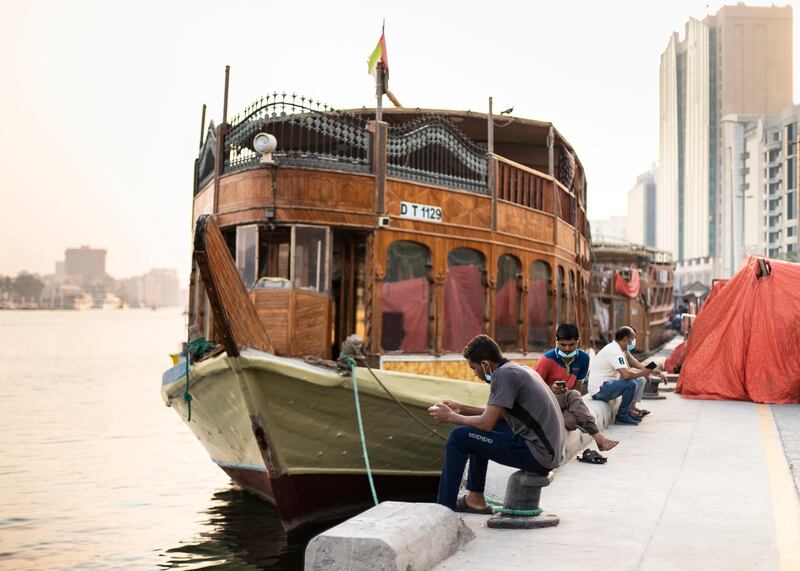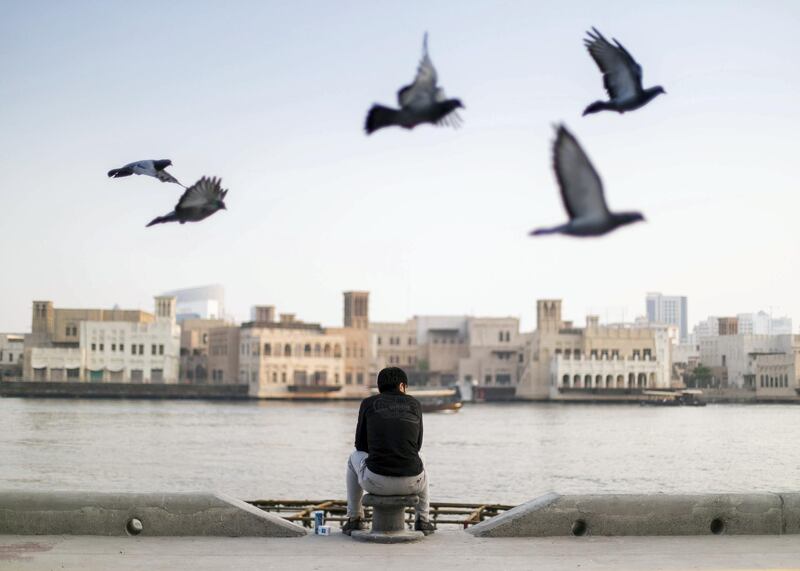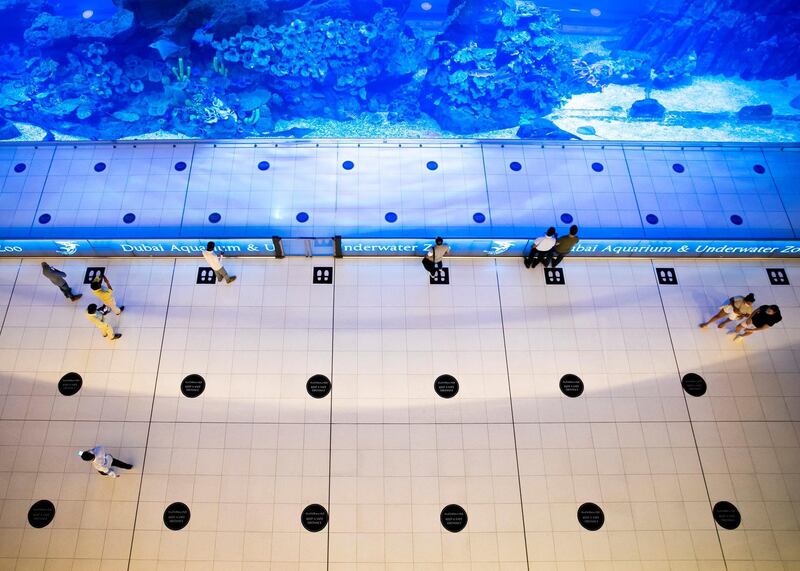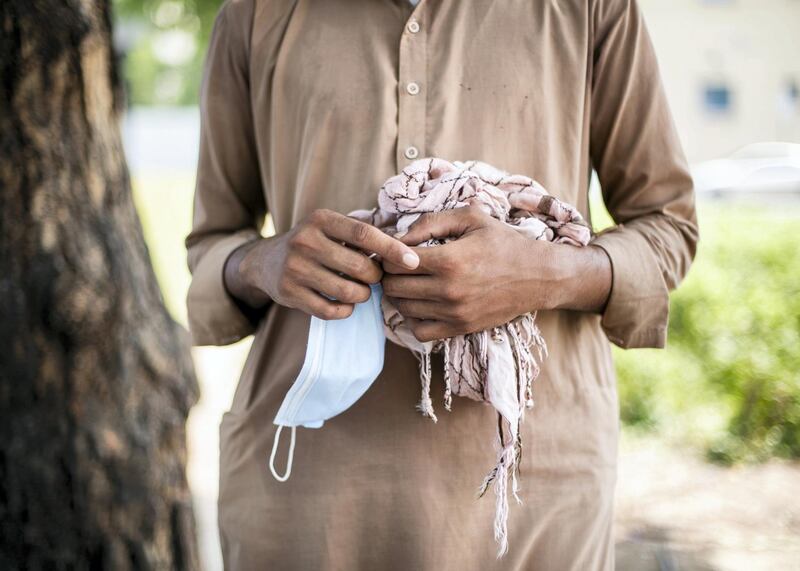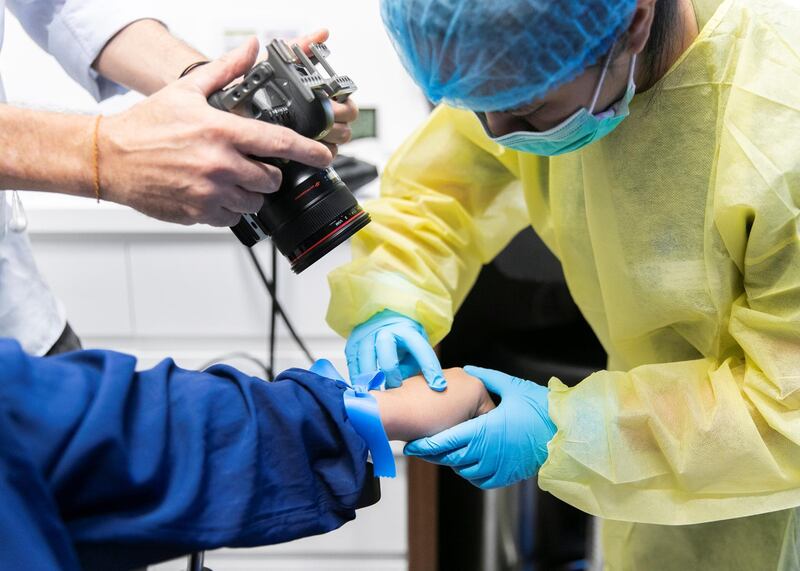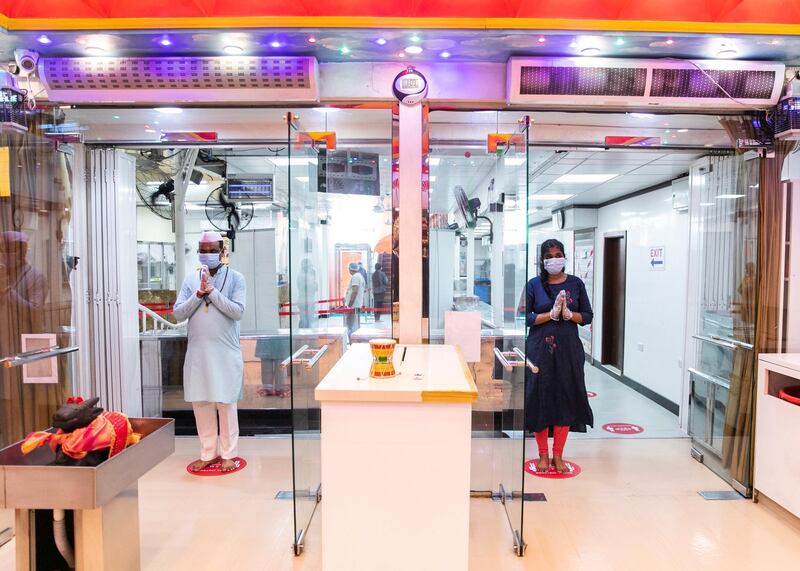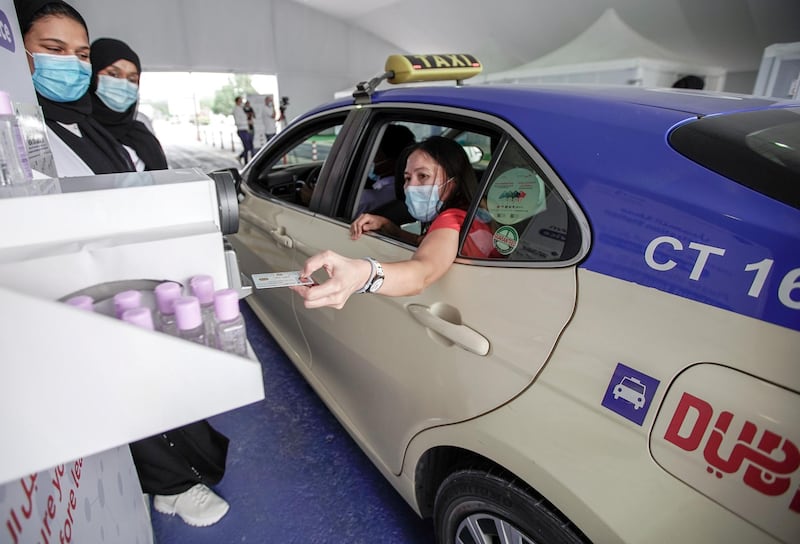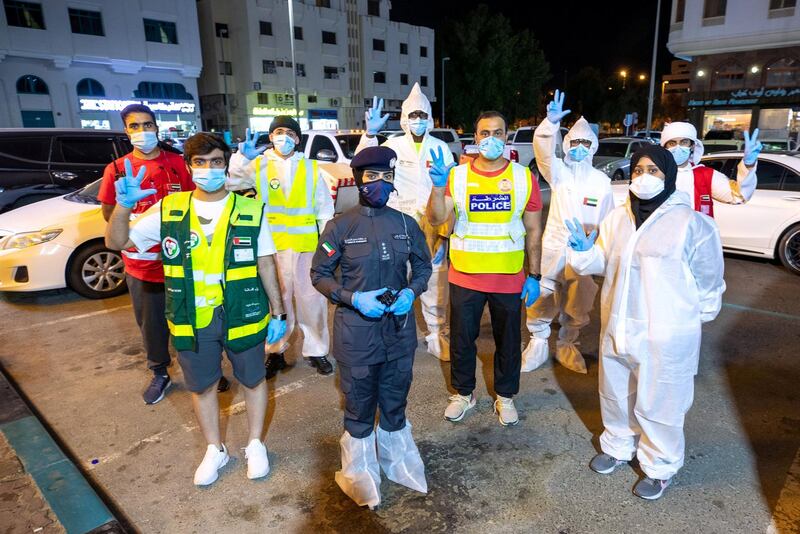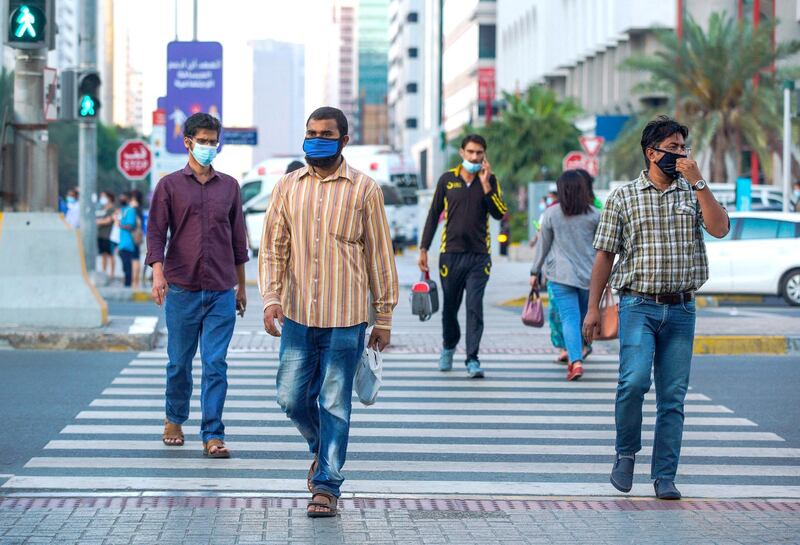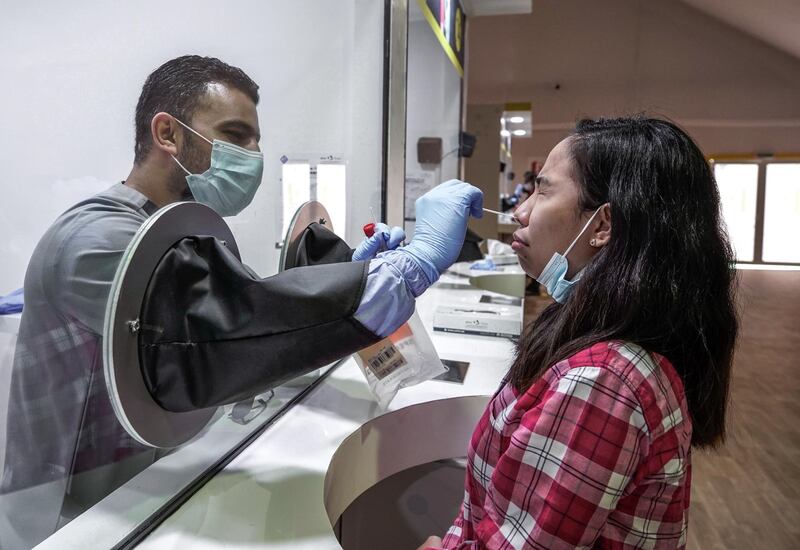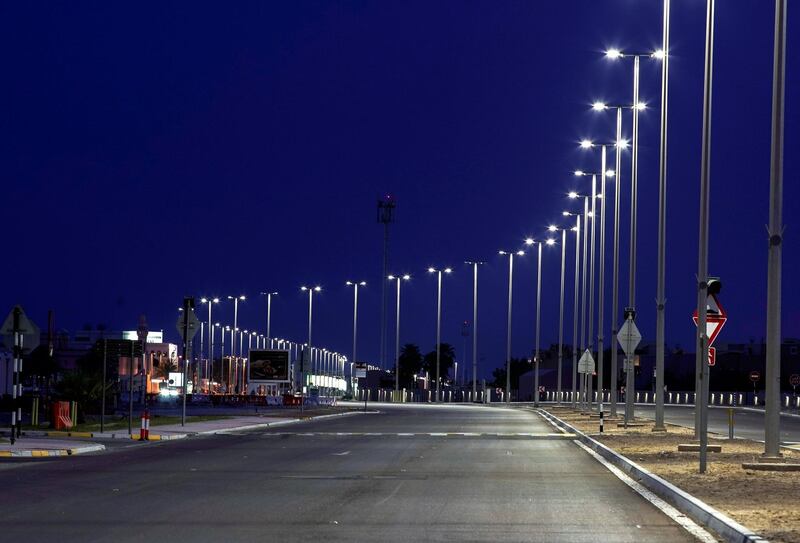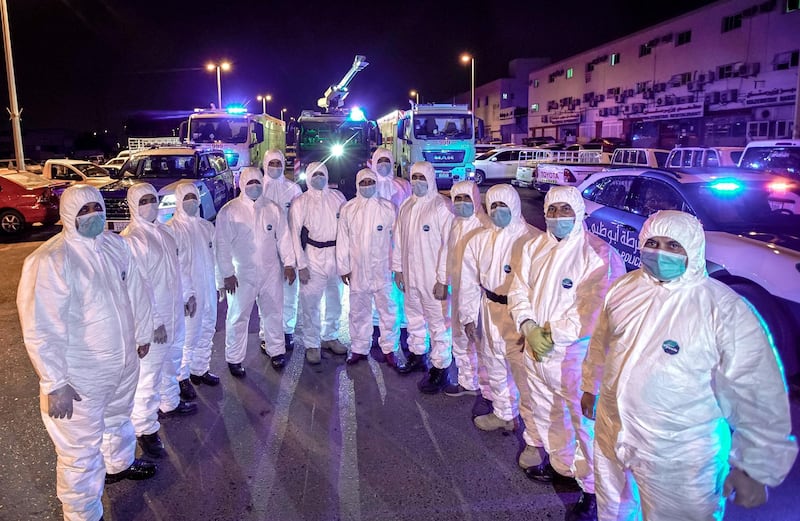Half a year has passed since the World Health Organisation’s China office reported cases of “viral pneumonia” in the central city of Wuhan. The disease turned out to be a novel strain of the highly infectious coronavirus. Today, the ensuing pandemic has claimed more than half a million lives and infected 10.6 million people worldwide.
Covid-19 has weighed on health care infrastructure and changed the lives of billions. Restrictions on travel and freedom of movement, as well as physical distancing measures, are important initiatives meant to protect us all. But at the same time, they have sent the global economy into recession.
Governments everywhere have been forced to take action, some more quickly than others, and the private sector has had to find ways to operate profitably while protecting customers and workers. Flexible work is set to become a growing trend, even after the pandemic.
Technology has also proven to be an invaluable tool. Educators are resorting to online classes and tests, health authorities are using contact-tracing applications to identify potential Covid-19 clusters and businesses are relying more than ever on online delivery services and social media.
Countries would be wise to learn from past mistakes in order to protect lives and livelihoods in the next phase, as more nations reopen their economies. Putting in place strategies not only to deal with the immediate health crisis but also to prepare nations for its long-term impact on livelihoods is vital. Social safety nets and initiatives to boost the economy and aid struggling businesses are pivotal for societies to heal. So is ensuring that people are well informed of the ways they can protect themselves from disease. Individual responsibility complements the work of health authorities to curb the spread of coronavirus.
The world can also learn from many of the communication issues that have affected the global response. For instance, false information and conspiracy theories about the virus continue to linger. These have misled some people into believing Covid-19 was either a complete fabrication or a relatively benign disease akin to the flu. Scientists and doctors have led the fight against disinformation, and governments have raised awareness about the risks associated with coronavirus.
As the Northern Hemisphere enters the height of summer, there is a widespread, though as yet unconfirmed, theory that the heat will slow the spread of the virus. In reality, Covid-19 cases are not on the decline. "Although many countries have made some progress, globally the pandemic is actually speeding up," WHO Director-General Tedros Adhanom Ghebreyesus said earlier this week.
Some countries are slowly beginning to open up their economies while applying new hygiene and physical distancing rules, but others are witnessing a surge in infections. The new centres of the virus are now in the Americas, Russia and India. The US alone accounts for more than one in four of all confirmed Covid-19 cases and has registered more than 130,000 deaths.
The world has made it through six months of a global health crisis. By learning from past mistakes, world leaders and ordinary people alike can make the fight against Covid-19 a success in the six months to come.
